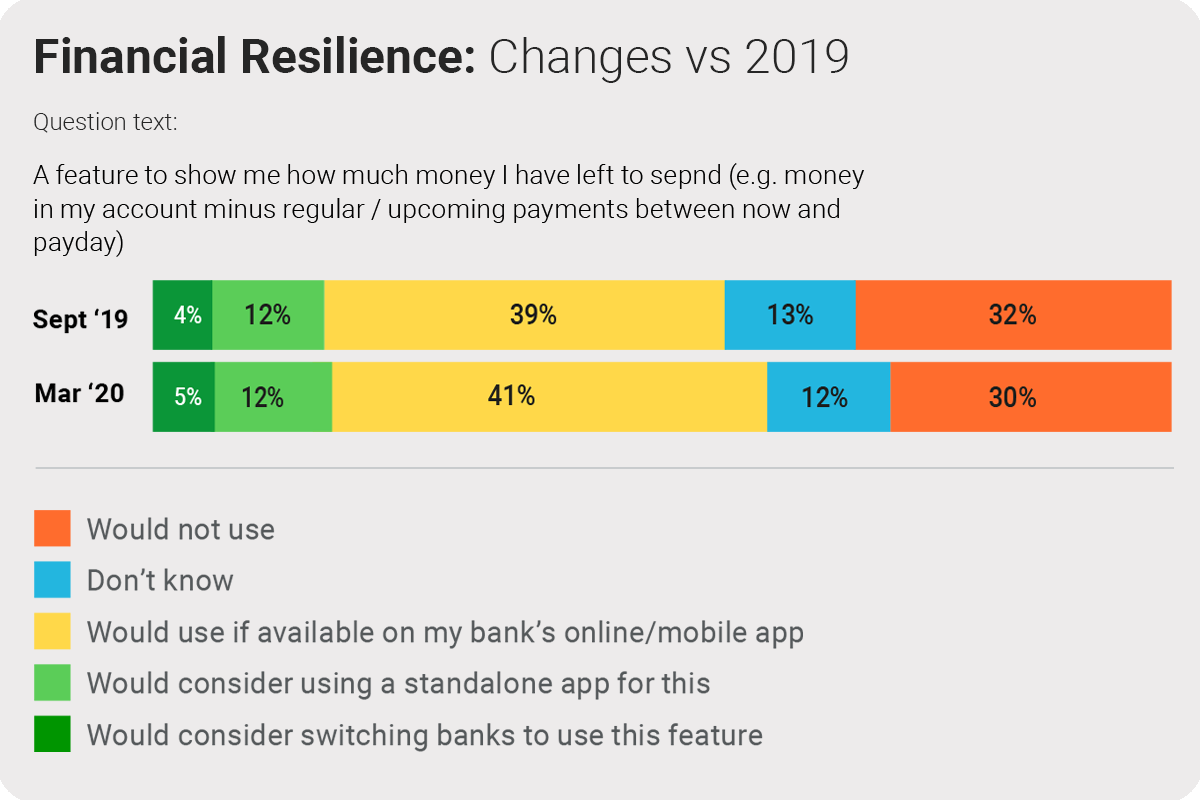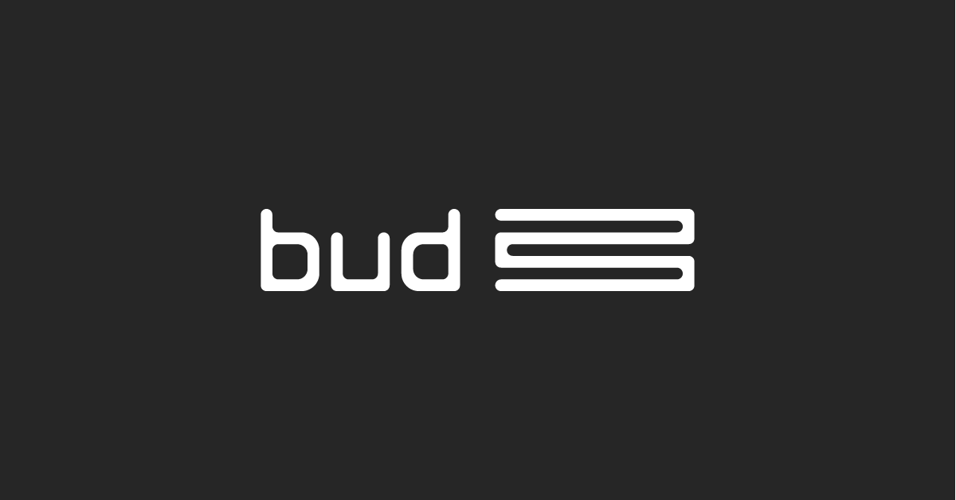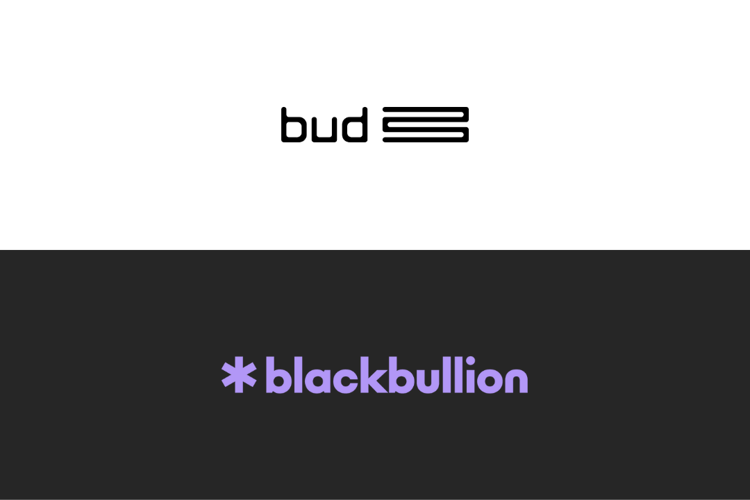Whilst it has been heartening to see the fintech community rally round to tackle the new problems that people are facing, the real test will come in making sure that we don’t let this renewed sense of purpose fall away when we come out of the other side.
Financial inclusion has been thrown under the microscope like never before over the last few weeks as groups of people who would never have been considered financially excluded in more normal circumstances are struggling to prove their compliance with criteria for receiving government aid. This is a terribly acute problem right now, but not a new one, and its remedy remains in our day to day relationship with our personal data.
The following extract, written before the events of the last few weeks, is taken from our latest report – Beyond Open Banking: 2020 and the road to Open Finance. It looks at the potential of more open access to financial data to drive transparency for both providers and their customers.
----------------
[Extract] The role of Open Finance in creating a more inclusive sector
The Big Exchange is a fintech company aiming to help everyday people invest whilst making a difference. It also has broader plans to integrate data from other areas such as payments and credit to help serve customers looking to leverage financial inclusion.
Open Banking principles, says Jill Jackson, managing director of The Big Exchange, can be brought together in an ecosystem where you have a marketplace for other products all very much with a focus on “people and planet”.

“You may spend your money in a really green way. But the biggest pot of your money (your pension) is normally invested in those companies that you’ve actively been trying to avoid when spending your money. We need to address this imbalance.”
“It’s quite a big ambition. And it’s quite hard to achieve when you look at the current framework that you’ve got. We’re very much focused on what we can offer in that ecosystem that will help with financial inclusion,” she said.
A central part of this is making a level playing field where everybody can access services that are relevant to them. Jackson says the data portability inherent in Open Banking and Finance will be key to helping this move forward.
“It’s something that we’re really very keen to work on with government, public sector and private sector. Trying to really understand what are the needs of these customers? And how do we help them become, in the long term, more financially resilient?”
“I think we can combine the data available with nudges to open up a world to them that they are currently excluded from,” she said.
It is this level of transparency that has driven Monevo, a progressive loan marketplace and platform with an eye on financial inclusion, to see itself as a potential beneficiary of Open Finance.
“Open Banking hasn’t been far-reaching enough by only allowing firms to access information on savings and current accounts. We’re excited to see how Open Finance develops, we’ve got a very keen interest,” said Will Hurst, Head of Commercial Development at Monevo. Part of this for Monevo is using this data via its distribution partners who plug in directly to its panel of API driven lenders. Their aim is to improve and streamline customer experience for consumers by utilising this ported-in data and pass it through the supply chain.
“We have started to see Open Banking be adopted by a host of the lenders that we’re working with, but that’s really where we start to see the limitations. What we’ve seen with Open Banking so far is that it’s only really addressed and used from a risk perspective by lenders in judging applications. It’s being used to access further data on consumers, to understand more about them before making lending decisions, but it has much more to offer.”
He says Monevo now wants to use Open Banking data to streamline application processes further.
“Open Finance seems to be the next logical evolution of Open Banking. When you look back and read through the call for input from the FCA, you kind of scratch your head and think, why didn’t we do this all at once and make any credit products included in the initial release?”
On either side of the financial services equation, Open Finance has the ability to radically shift business models and solve age-old problems. The key question is whether regulation will be bold enough.”




